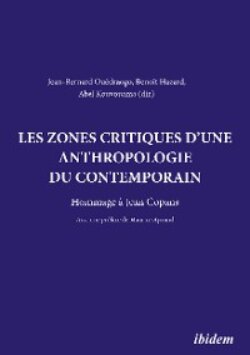Читать книгу Les zones critiques d'une anthropologie du contemporain - Группа авторов - Страница 18
Performing Arts and the Making of Cities
ОглавлениеMy career in South Africa actually began before and during the epochal Soweto student uprising of 1976, which changed the face of urban South Africa. What impressed me at the time was of course the sufferings of the black South African majority, but equally the resistance, indeed the achievement of cultural performance practitioners in creating and cultivating a milieu of black urban performance against the odds and against the state. Foucault said, in a moment of Derridian paradox that if you want something to grow, then attempt to stamp it out. Yet it was not so much repression as malevolent neglect that enabled the performing and literary arts to flourish in black townships.
As a result of my field research, I was persona non grata in South Africa for fourteen years. Ultimately I was allowed back as a Fulbright Fellow in 1991, part of the first cohort of Fellows sent to South Africa since 1962. Then in 1993, as democratic elections loomed, I was offered a position in anthropology at the University of Cape Town. This seemed an unmissable chance to participate in the building of a new, inclusive system of university research and education. Or what we hoped would be. Higher education would be a battle ground of social reconstruction and the struggle for post-apartheid South Africa’s soul. And I wanted to fight on it. I thought I would do a tour of duty and return home, but that struggle has not ended and I am unable to retreat now that I am a prisoner of that war. Turning to the role of the performing arts in that war, what came to impress me most over the years, and occupied my teaching, was the productivity through which artists of all sorts create the lasting character of cities. Any city, but in South Africa’s case, a struggle against such heavy-handed odds.
